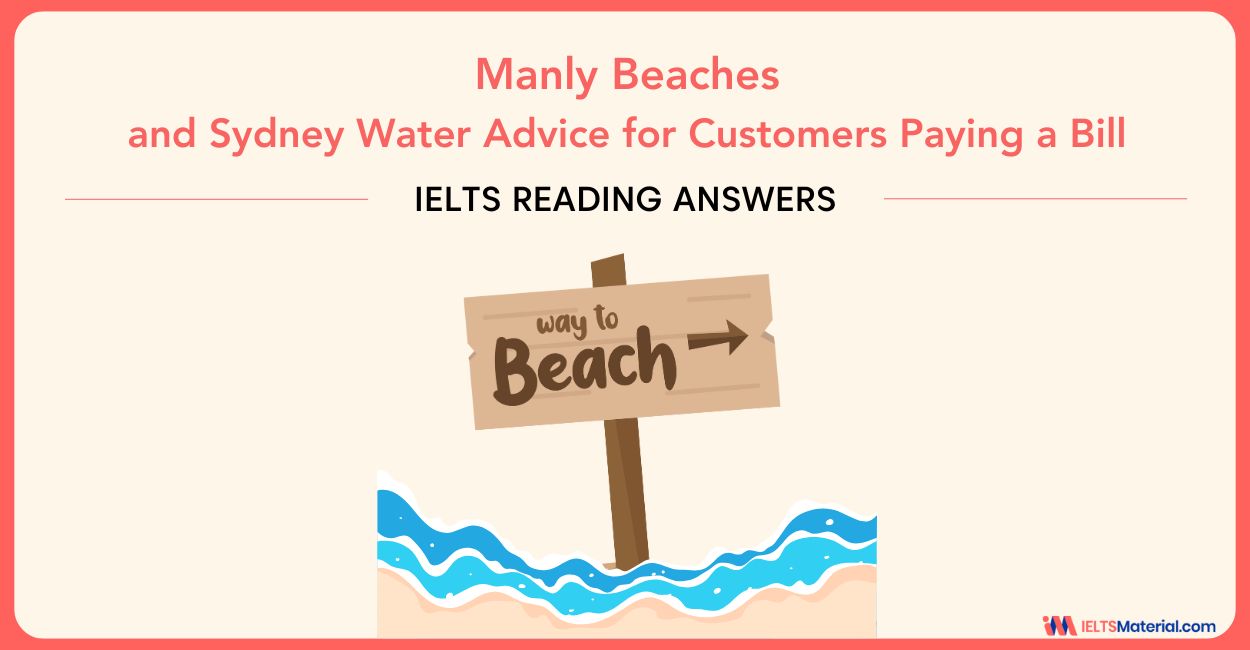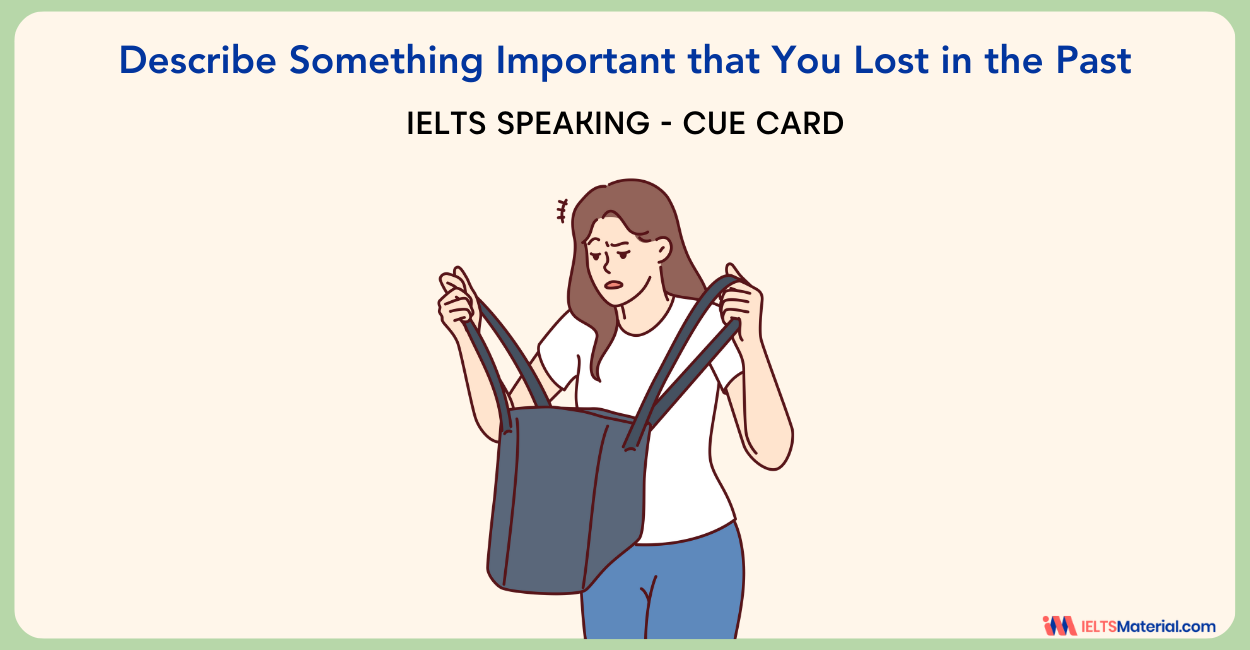Children & Money: IELTS Speaking Part 3 Model Answer
Table of Contents
Limited-Time Offer : Access a FREE 10-Day IELTS Study Plan!
Speaking Part 3
1 When do children become interested in money?
I think children become interested in money when they see things they like to have or things their friends have, which they then want to obtain to fit in. Parents can also stir up children’s interest in money when they give out allowances.
2 Are all children interested in money because they want to buy their own stuff?
No, I don’t think that’s the case. Many children save and collect money as a hobby, similar to how they collect toys. In my country, many children put their coins and cash in a piggy bank, which they break once a year, and then the parents give them a new piggy bank for the next year, which they continue to put money into.
3 Why do children want to have money instead of asking parents for it?
I think it feels good to have things that are yours only. If something is yours, there is no need to ask someone else what you can do with it. You can just do what you want.
[do_widget id=custom_html-47]
4 Should children be given money as a reward when they do something?
If it’s something like getting good grades in school, I think it’s a good way to encourage children to improve themselves. People tend to work harder when there is a good reward or motivation.
5 In your country, people prefer using cash or credit card? Why?
I think people in my country still prefer to use cash. Most people shop in local markets and food stalls where there is no electronic payment. Even when people go out to a supermarket or restaurant where they can pay using credit cards, they likely still have cash on hand.
Vocabulary
- piggy bank: a money box, typically one shaped like a pig.
Eg: I used to have a piggy bank when I was a child - Supermarket: A supermarket is a self-service shop offering a wide variety of food, beverages and household products, organized into sections. It is larger and has a wider selection than earlier grocery stores, but is smaller and more limited in the range of merchandise than a hypermarket or big-box market.
Eg: Paul used to work in the supermarket
See also:
- IELTS Speaking Part 3
- IELTS Speaking tips
- Linking words for IELTS Speaking
- IELTS Speaking recent actual test
- IELTS Speaking topics
- Sports Vocabulary IELTS
- Work Vocabulary IELTS
- IELTS Speaking Part 3 Topics
- Idioms for IELTS Speaking
- IELTS Pronunciation Guide
- Common English words in IELTS Speaking
- Ough words
Start Preparing for IELTS: Get Your 10-Day Study Plan Today!
Explore other Speaking Part 3 Actual Test Questions

Courtney Miller

Janice Thompson

Janice Thompson

Kasturika Samanta
Recent Articles
Nehasri Ravishenbagam

Nehasri Ravishenbagam

Nehasri Ravishenbagam

Kasturika Samanta



Post your Comments